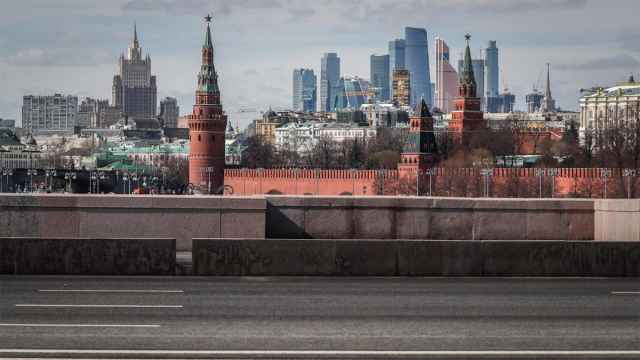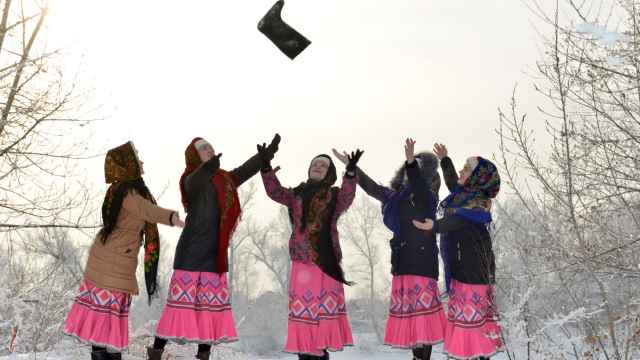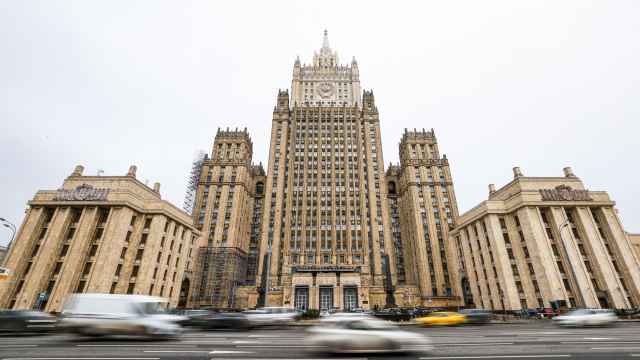After subtracting inflation, food and utilities, the amount of money Russians have left to spend on themselves has shrunk for the fourth year running.
Western sanctions over the Ukraine crisis, the collapse in oil prices and the ruble’s devaluation drove inflation to double digits before it dipped back below Russia’s target of 4 percent this year.
Despite record low inflation rates touted by the country’s leadership, real disposable income fell 1.3 percent compared to October 2016, the state statistics service Rosstat said in its monthly data set published Monday.
Rosstat recorded the same 1.3-percent drop in disposable income from January to October 2017.
Meanwhile, real monthly wages climbed by 4.3 percent and retail sales saw 3-percent growth compared to October 2016.
A Message from The Moscow Times:
Dear readers,
We are facing unprecedented challenges. Russia's Prosecutor General's Office has designated The Moscow Times as an "undesirable" organization, criminalizing our work and putting our staff at risk of prosecution. This follows our earlier unjust labeling as a "foreign agent."
These actions are direct attempts to silence independent journalism in Russia. The authorities claim our work "discredits the decisions of the Russian leadership." We see things differently: we strive to provide accurate, unbiased reporting on Russia.
We, the journalists of The Moscow Times, refuse to be silenced. But to continue our work, we need your help.
Your support, no matter how small, makes a world of difference. If you can, please support us monthly starting from just $2. It's quick to set up, and every contribution makes a significant impact.
By supporting The Moscow Times, you're defending open, independent journalism in the face of repression. Thank you for standing with us.
Remind me later.






